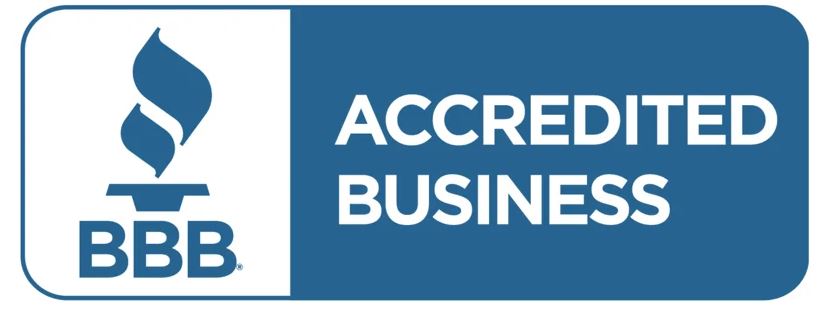
Managing the inflow and outflow of your business’s finances may not be why you started your venture, but it’s undoubtedly essential for its survival and growth. It’s not just about counting what you earn and spend; effective income management fuels informed decision-making, supports strategic investments, and ensures sustainability. For small business owners and entrepreneurs, mastering this skill can spell the difference between thriving and merely surviving.
Understand Your Cash Flow
The bloodstream of any business is its cash flow, which is the movement of funds in and out of your enterprise. Positive cash flow means your company is liquid, allowing you to meet financial obligations, whereas negative cash flow can lead to operational challenges.
To manage your cash flow effectively:
- Keep meticulous records of all financial transactions.
- Project future cash flows by analyzing past patterns and considering seasonal impacts.
- Monitor your cash flow regularly to identify trends, prepare for downward cycles, and make adjustments in time.
Budgeting is Your Best Friend
Budgeting is more than a financial chore; it’s a roadmap that guides your business decisions. It helps you allocate resources efficiently, control expenditure, and save for future expansion. A dynamic budget adjusts to your business realities and strategic goals, ensuring you’re always on track.
Creating an effective budget involves:
- Estimating revenue based on past performance, market conditions, and growth projections.
- Detailing expenses to understand fixed, variable, and unexpected costs.
- Setting financial goals that align with your business’s mission and growth objectives.
Separate Personal and Business Finances
Mixing personal and business accounts is a common pitfall for many entrepreneurs, complicating financial management and tax preparation. Opening a dedicated business checking account, and using a business credit card for expenses, simplifies record-keeping, enhances credibility, and offers legal protections.
Leverage Technology for Efficiency
Modern businesses have the advantage of leveraging technology to simplify income management. Online accounting software can automate invoicing, expense tracking, payroll, and tax preparation, offering real-time insights into your financial health.
Popular tools include:
- QuickBooks: Ideal for comprehensive financial management.
- Xero: Known for its user-friendliness and cloud-based access.
- FreshBooks: Tailored for invoice and billing purposes.
Cultivate a Relationship with a Financial Advisor
While entrepreneurs often wear many hats, it’s crucial to recognize the value of expertise. A financial advisor specializing in small business can offer tailored advice, tax planning strategies, and insights into fiscal management that align with your goals. This partnership can help you navigate financial challenges and capitalize on opportunities more confidently.
Plan for Taxes Efficiently
Taxes can significantly impact your business’s cash flow and profitability. Understanding your tax obligations and planning for them strategically can prevent unexpected liabilities and maximize potential deductions.
Tax planning tips include:
- Keeping abreast of tax changes that may affect your business.
- Utilizing tax-advantaged business structures and retirement plans.
- Documenting all deductible expenses meticulously.
Build an Emergency Fund
Uncertainties are part of business, but an emergency fund can provide a buffer against unforeseen financial shortfalls. Start by setting aside a portion of your profits regularly, aiming for a reserve that can cover several months of operating expenses. This fund can ensure your business’s continuity during challenging times without resorting to expensive debt.
Prioritize Debt Management
Debt can be a useful tool for growth when managed wisely. However, high-interest rates or overwhelming debt levels can cripple your business’s financial health.
To manage debt effectively:
- Opt for low-interest financing options wherever possible.
- Prioritize repaying high-interest debts to reduce overall costs.
- Consider renegotiating terms or consolidating loans for better rates.
Engage With Your Income Proactively
Income management isn’t a passive task—it demands proactive engagement. Regular financial reviews, adjusting strategies in response to performance data, and staying informed about market trends all contribute to more effective income management.
___
Income management is a critical skill that small business owners must master for success. By understanding your cash flow, budgeting strategically, leveraging technology, and seeking expert advice, you can make informed decisions that enhance your business’s sustainability and growth. Remember, the objective is not just to survive but to thrive—income management is your pathway there.




